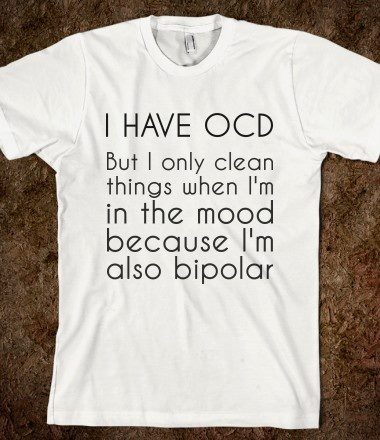Maggie Goes on a Diet written by Paul M. Kramer and illustrated by Mari Kuwayama is a self-published picture book written in rhyme for elementary aged children, but don’t let it anywhere near your kids.
Maggie is fourteen years old and obese and is consequently bullied by her peers. She’s also terrible at sports, but decides one day to lose weight.
Author Paul Kramer says “he began writing children’s books that deal with important issues that kids face today.” Though I don’t doubt his good intentions, the book not only falls well short of his goal, it delivers a damaging message to children.
Here’s a snippet of the poorly written text:
Searching the refrigerator in hopes she would feel better,
Eating lots of bread and cheese including some cheddar.
Maggie was not going to let anything else upset her.
There’s so much wrong with this book, it’s hard to know where to start. But I’ll try and start from the top.
1) The weight loss is fast and dramatic. After Maggie decides to lose weight, she loses a lot of it, and fast! She loses a whopping fifty-one pounds with her self-guided healthy eating and exercise routine. It’s an amazing feat, but with no adult guidance, it’s not a probable outcome for a child who up to that point had no discipline with food and was an emotional eater.
2) Skinny = Popular and Athletic. While getting thinner, Maggie becomes popular and a super athlete (she hits a walk-off homerun in baseball and becomes a soccer star). For a kid who previously fell down while running too fast, it’s a miraculous and unbelievable turnaround. For Maggie, weight loss leads to friendships (sleepovers with girlfriends and lunchtime companionship at school), the attention of boys, and athletic awards.
3) It’s poorly illustrated and written. I probably shouldn’t care so much, but I do. This book is not a pleasant read, as you have to push through the badly written rhymes and unattractive drawings before you realize the message itself is toxic.
Many have criticized the author’s use of the word “diet” saying we should never use it with children and should only talk about healthy eating instead. With bookstores filled with diet books (and ultra slim models and stars portrayed on magazines, movies and television), it’s difficult to avoid the word or miss that we uphold a certain standard in our culture.
I’m not as concerned about the use of the word as I am about the skewed message behind it. Kramer’s focus on thinness/dieting leading to popularity and athletic success instead of leading to overall health is disturbing and wrong.
As with most important life lessons, it’s up to parents to discuss and model healthy eating, exercise and balance, with or without the word “diet” thrown in. In the book, Maggie’s parents are non-existent and have me wondering where they were while Maggie gained the extra fifty pounds? And where are they now that Maggie’s entire world has changed and she’s associating her newfound happiness and fun life to “good fortune” and a newly svelte body.
Good literature addressing these topics is necessary considering our current obsession about weight and body image, especially since one-third of our children are either overweight or obese. Unfortunately, Maggie Goes on a Diet is not the place to turn for insight about these matters. In fact, it (and the kind of thinking it represents) only exacerbates the issues.












